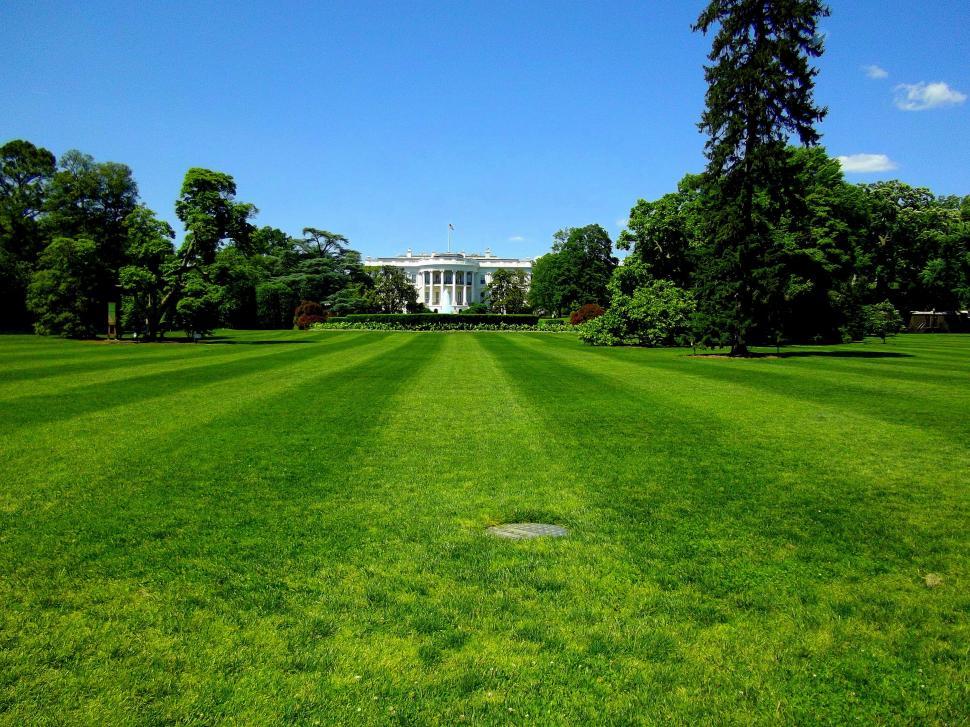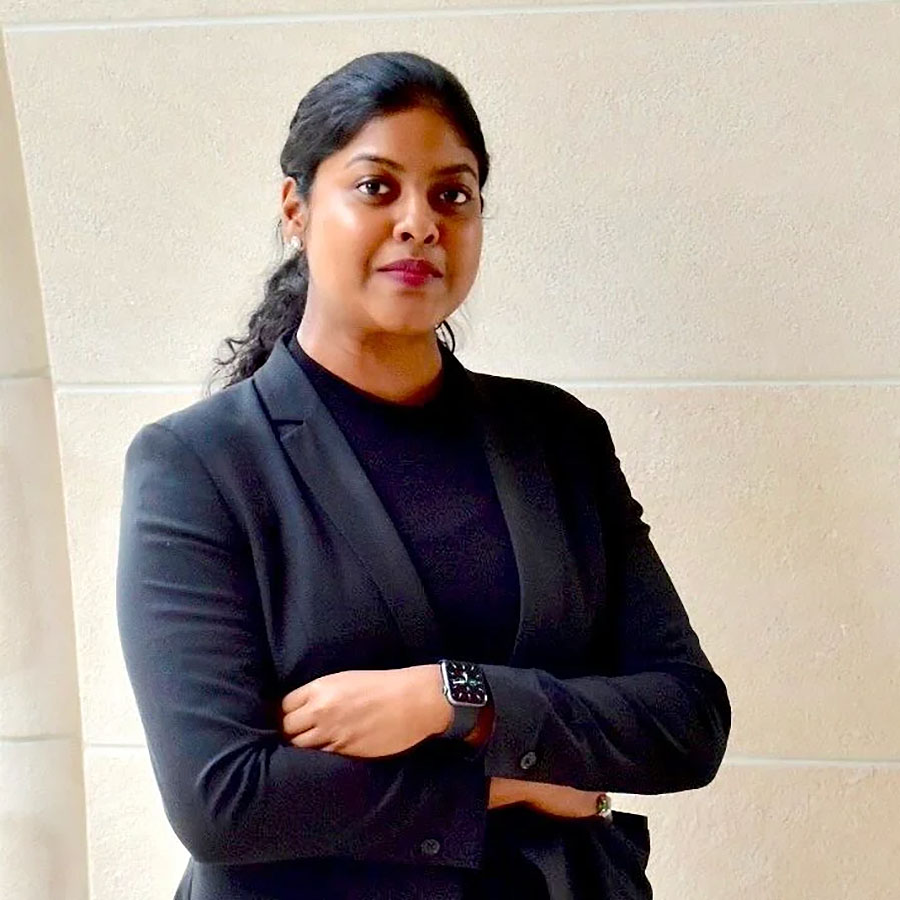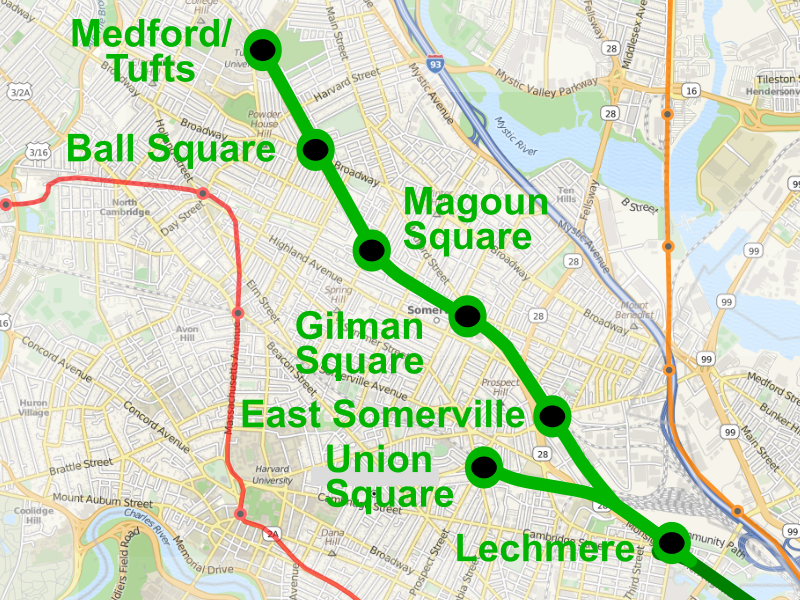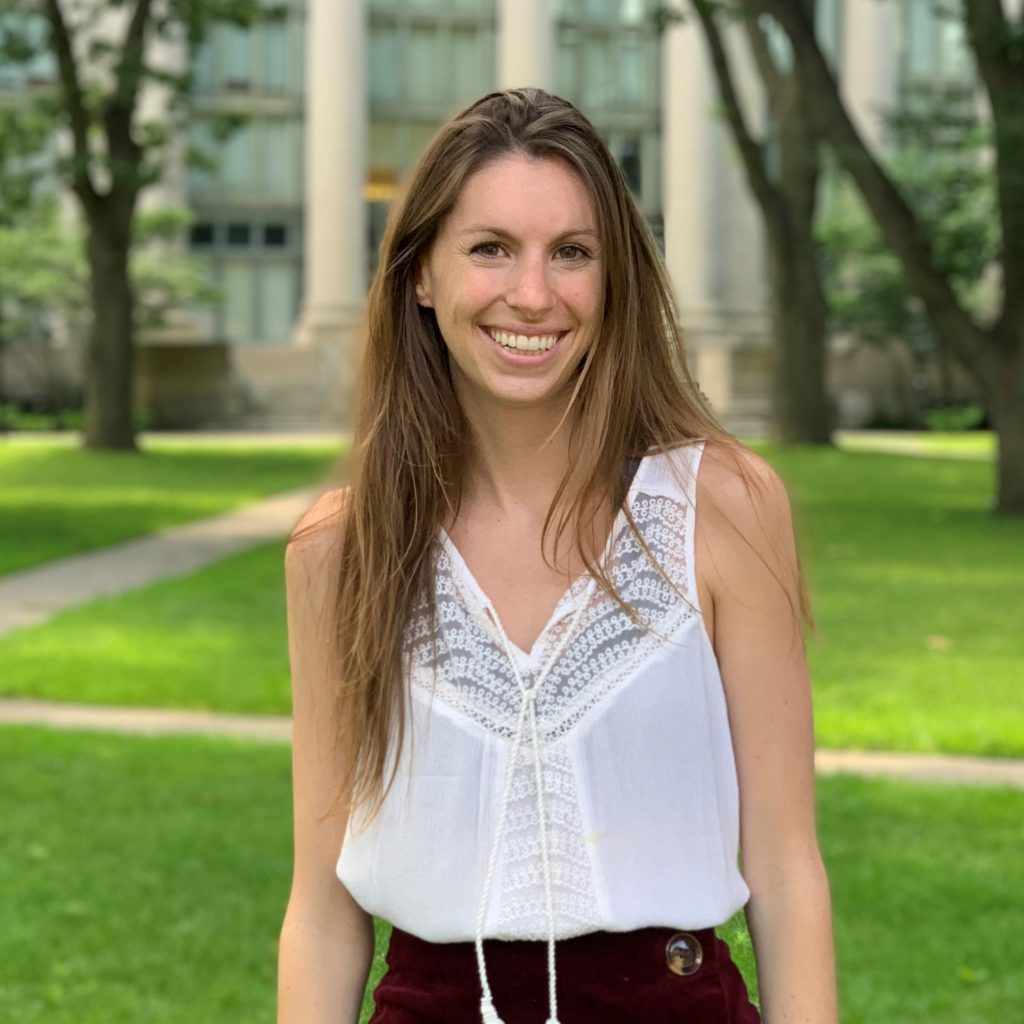By Bertha Aniagyei LL.M. ’24

Originally published on the website for the Office of Clinical & Pro Bono Programs
As a person who has worked for more than a decade in the traditional adjudicatory system and witnessed its high and low points, I was convinced that alternative dispute resolution mechanisms, particularly mediation, offered a better means of settling some form of disputes, especially where the parties have an ongoing relationship which would continue in one form or the other even after the resolution of the dispute.
The traditional adjudicatory system is adversarial, and rights based whereas mediation is about facilitating or guiding the parties to work through their disputes, identifying interests, generating options, and arriving at a resolution or agreement which all parties are comfortable with, even if they are not entirely happy with it. Unlike the parties in the court system, parties to a mediation have control over the outcome of their dispute.
I was attracted to the Harvard Mediation Program (HMP) out of curiosity. I wanted to know how much a mediator’s competence in controlling the mediation process could facilitate an agreement or wreck it. How important is a mediator to a successful mediation process and what exactly is a successful mediation? Is mediation only a success when the parties reach an agreement? Is it a success when the parties are offered the opportunity to speak and understand what informs each other’s positions even if they don’t agree?
Read the full story at https://hls.harvard.edu/clinic-stories/harvard-mediation-program-experience-of-a-lifetime/








